Alopecia Totalis – Causes, Symptoms, Treatment, And Risks
From follicle failure to fierce spirit: Demystifying the complete hair loss journey.
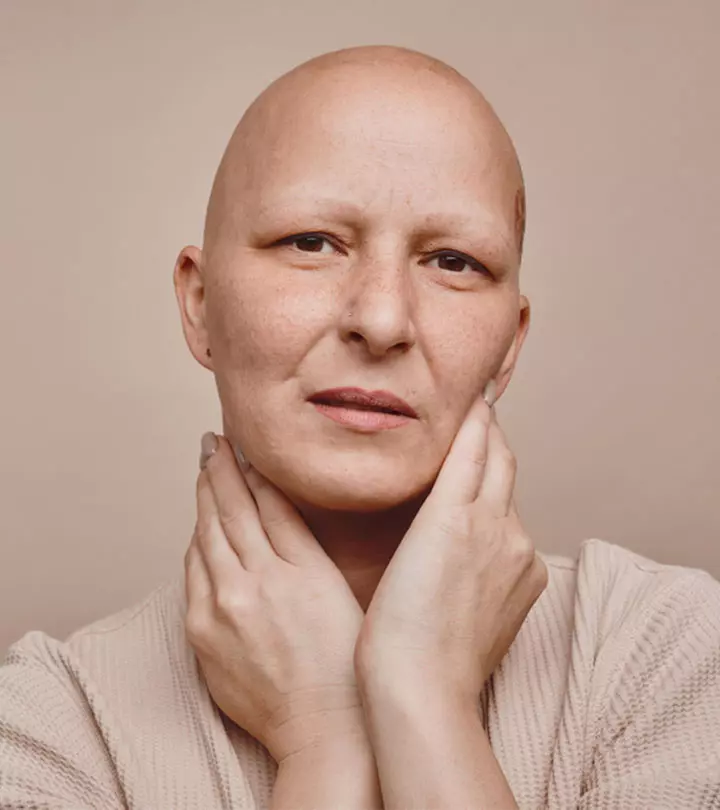
Image: Shutterstock
Our body’s immune system shields it from viruses, fungi, toxins, and bacteria. However, this defense system turns traitor and attacks healthy cells in some cases, leading to autoimmune conditions. One such autoimmune disease is called alopecia totalis. It is a medical condition where the body’s immune system fights its own hair follicles. Lack of treatment could lead to full-scale hair loss. It is difficult to distinguish this condition from other types of hair loss, especially the other forms of alopecia. Scroll down to learn more about the causes and characteristics of alopecia totalis and its treatments.
In This Article
What Is Alopecia Totalis?
Alopecia totalis is a type of autoimmune disease which involves the immune system attacking the hair follicles. This excess inflammation often leads to bald spots on the scalp, eventually leading to complete loss of hair. This hair loss condition may even affect the eyebrows or eyelashes. The condition can develop suddenly or over a period of time, irrespective of age. However, it is more prevalent in men than women. If the hair follicles are not destroyed, there is a possibility that your hair may regrow, even after years (1).
Ashley Travis, a blogger, faced an emotional whirlwind when she discovered a small bald patch, leading to a relentless search for answers. She said, “I had taken better care of my head than I ever had in my life and my bald spot was growing. I needed answers and I needed them now (i).” Despite various treatments and consultations, her distress grew as the bald spots multiplied, impacting her self-worth profoundly.
According to a meta-analysis of 94 studies, only 2% of the global population have a lifetime risk of developing sudden, patchy hair loss. Alopecia totalis is even rarer than that. The study observes that the condition affects only 0.03% of the global population. However, its prevalence has been rising in recent times.
So, this autoimmune disease affects healthy hair follicles. But what causes this condition? Keep reading to find out.
What Causes Alopecia Totalis?
The exact cause of alopecia totalis is unknown. It is believed that allergies, toxins, stress, or even viruses can trigger this autoimmune condition, especially if an individual has a genetic predisposition to the same. So, it is important to look for a family history of alopecia.
 Quick tip
Quick tipWondering if there are any other symptoms to look out for? Find out in the next section!
What Are The Symptoms Of Alopecia Totalis?
The symptoms of alopecia totalis may vary from person to person. However, excessive hair loss on the scalp is a common symptom. People have also been observed to experience:
- Rapid or sudden hair loss
- Discomfort on the scalp (a feeling of tightness)
- Itching
- Soreness
- Brittle or pitted nails
Alopecia totalis is diagnosed through careful physical examination by a trichologist followed by various tests, including a biopsy, to determine the autoimmune or genetic causes.
 Did you know?
Did you know?Find out all about the different types of treatments available in the next section.
Treatment For Alopecia Totalis
Currently, there is no cure for alopecia totalis. However, there are some treatments available that are currently being studied as a potential cure for this condition.
- Corticosteroids: A common treatment is to use topical, intralesional, and oral corticosteroids to reduce inflammation with variable efficacy. Keep in mind that in the long run, the use of corticosteroids can lead to dangerous side effects.
- Methotrexate: This drug is used for treating severe and chronic cases of alopecia areata (3). It is promising for treating alopecia totalis. However, recurrence can happen in the setting of tapering the treatment.
- Tofacitinib: This medicine may offer a potential therapeutic option for individuals with alopecia totalis, providing hope for those seeking effective treatments to manage this autoimmune-related hair loss condition. However, hair loss might resume after discontinuation of this medicine, and thus taking a professional healthcare consultation is necessary (4).
- Minoxidil: This topical medication, commonly used for hair loss, is believed to stimulate hair follicles, promoting regrowth in individuals with this condition. Though results can vary, consistent application of minoxidil may contribute to improved hair density and coverage for individuals with alopecia totalis (5).
- Biologics: There are certain drugs that are produced from living organisms or contain components of living organisms by using biotechnology, which are considered for treating this form of hair loss. These immunosuppressants or anti-inflammatory drugs are termed as biologics, sometimes also referred as biological response modifiers.
- Diphencyprone (DPCP): A topical application of DPCP is being studied to stimulate hair growth in people with alopecia totalis.
- Phototherapy: Phototherapy with ultraviolet-A has shown promising results. It is also known as turban PUVA and can be considered for patients who cannot take corticosteroids. The therapy involves exposing the affected scalp to controlled doses of UV light, either with or without a photosensitizing agent to suppress the immune response attacking hair follicles, leading to hair regrowth.
- Natural Remedies: Anecdotal evidence suggests that certain dietary supplements and ointments can treat alopecia. However, there is little evidence to support these claims.
What Is The Recovery Rate For Alopecia Totalis?
The recovery rate for alopecia totalis is very low due to its erratic progression. If the inflammation is reduced and the immune response suppressed, there is a possibility that the hair might regrow.
There are a few risks associated with this type of hair loss. Learn more about them in the next section.
Risk Associated With Alopecia Totalis
There are some risks and mental health concerns such as depression, hopelessness, isolation, and anger that are commonly observed in people diagnosed with alopecia totalis. People may also experience body image issues and reduced self-confidence to this condition. So, it is important to support the treatment with therapy.
Keep in mind there is no cure for AT, and the treatments currently available come with potentially dangerous side effects.
Anecdotal evidence suggests that people with AT are at an increased risk of developing cancer, though there is little evidence to support this claim.
Alopecia totalis is defined by the complete hair loss on the scalp. Hair loss occurs when the immune system damages the hair follicles. Although anxiety and genetics may be one of the factors, the actual causes of this condition are unknown. Regardless of age, the condition can appear unexpectedly or develop over time. It is, however, more common in men than in women. Currently, there is no treatment for this condition. However, early identification and the use of immunosuppressants can help manage it. Hair loss has been reversed in some instances, particularly in children. Overall, more study is needed to develop a cure for the condition.
Frequently Asked Questions
Can alopecia totalis disappear?
No. Alopecia totalis is a rare autoimmune disease and can’t be cured. However, there are treatments to help manage it, and hair regrowth is possible.
Is alopecia totalis life-threatening?
No. Alopecia totalis is not life-threatening. However, it is a recurring condition that can expose your scalp to harsh weather damage.
Key Takeaways
- Alopecia totalis is an autoimmune condition in which the immune system attacks the hair follicles and causes total hair loss.
- Genetics, allergies, toxins, stress, and viruses are thought to trigger this autoimmune disorder.
- There is currently no cure for alopecia totalis, but medications such as corticosteroids, methotrexate, diphenylcyclopropenone, and certain dietary supplements are used as potential remedies.
Watch the following video to uncover the causes behind Alopecia Totalis or complete hair loss. Learn about the potential triggers and complexities associated with this condition.
Personal Experience: Source
(i) The Hardest Part
https://thefieryfoodie.blogspot.com/2012/12/the-hardest-part.html
References
Articles on StyleCraze are backed by verified information from peer-reviewed and academic research papers, reputed organizations, research institutions, and medical associations to ensure accuracy and relevance. Read our editorial policy to learn more.
- Alopecia totalis
https://rarediseases.info.nih.gov/diseases/613/alopecia-totalis - Complementary Strategies to Promote Hair Regrowth in Post-COVID-19 Telogen Effluvium
https://www.ncbi.nlm.nih.gov/pmc/articles/PMC9042074/ - Efficacy and safety of methotrexate in alopecia areata
https://www.ncbi.nlm.nih.gov/pmc/articles/PMC4155950/ - LONG-TERM TREATMENT WITH TOFACITINIB IN SEVERE ALOPECIA AREATA: AN UPDATE
https://www.ncbi.nlm.nih.gov/pmc/articles/PMC6624004/ - Minoxidil and its use in hair disorders: a review
https://www.ncbi.nlm.nih.gov/pmc/articles/PMC6691938/
Read full bio of Dr. Vandana Verma
Read full bio of Anjali Sayee
Read full bio of Monomita Chakraborty





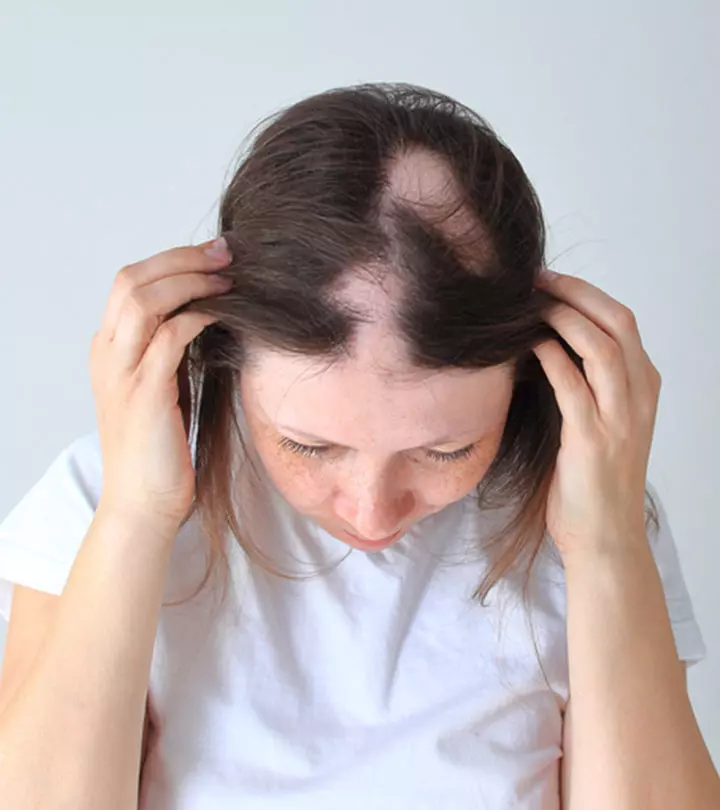

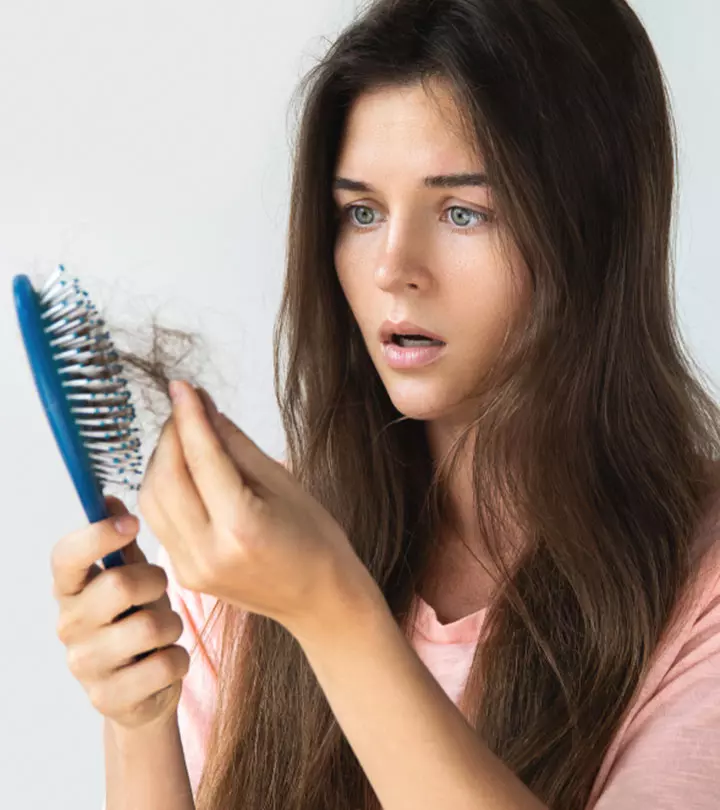
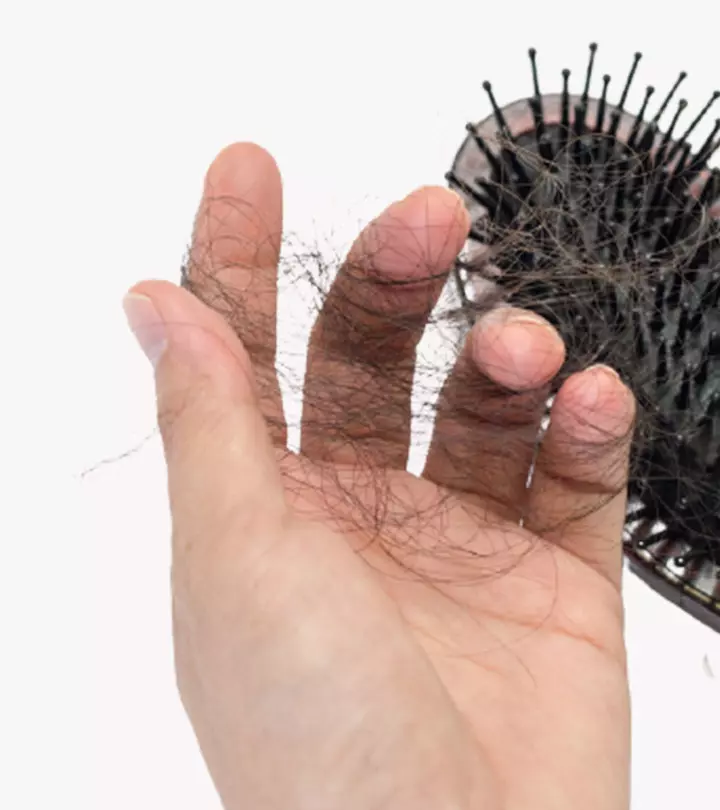



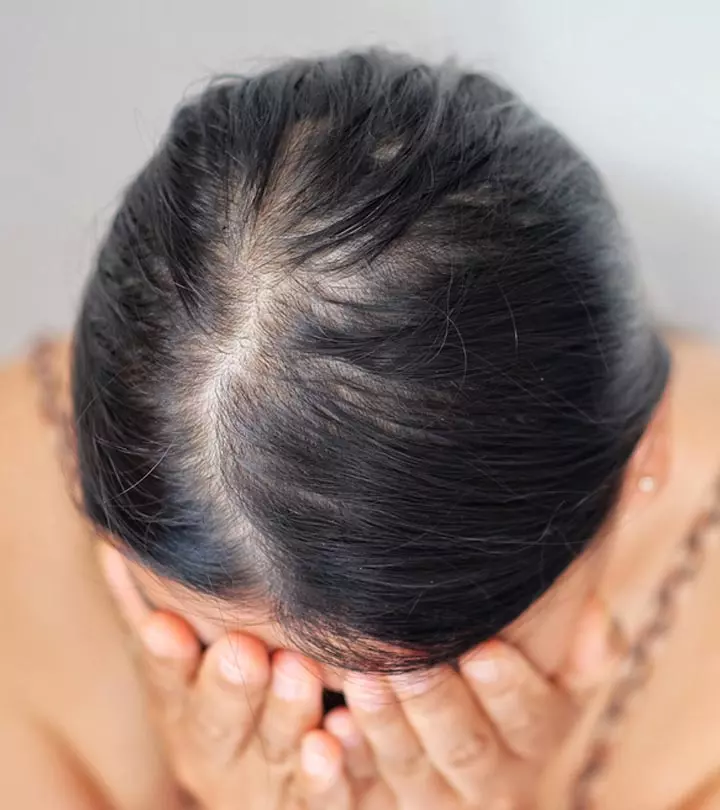







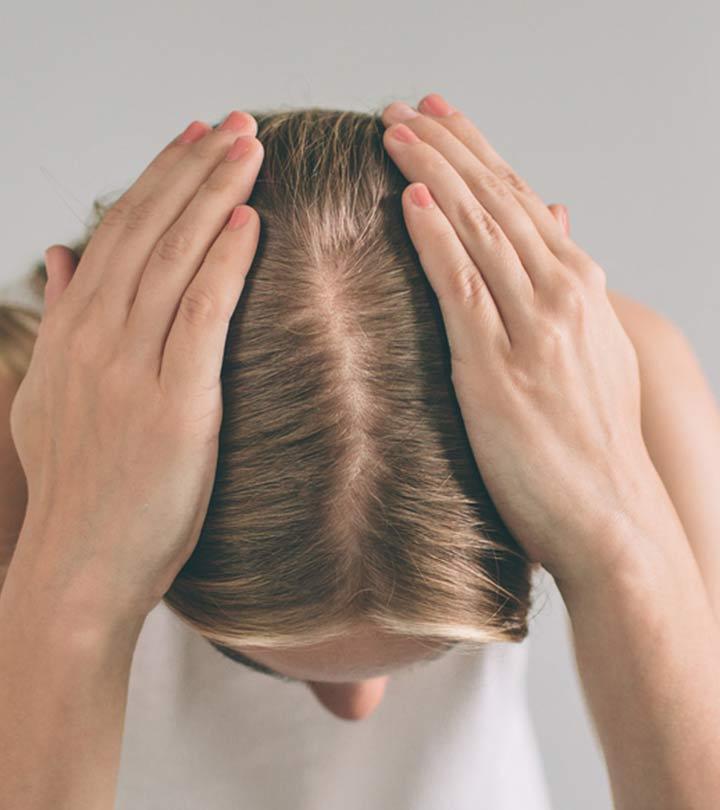





Community Experiences
Join the conversation and become a part of our empowering community! Share your stories, experiences, and insights to connect with other beauty, lifestyle, and health enthusiasts.